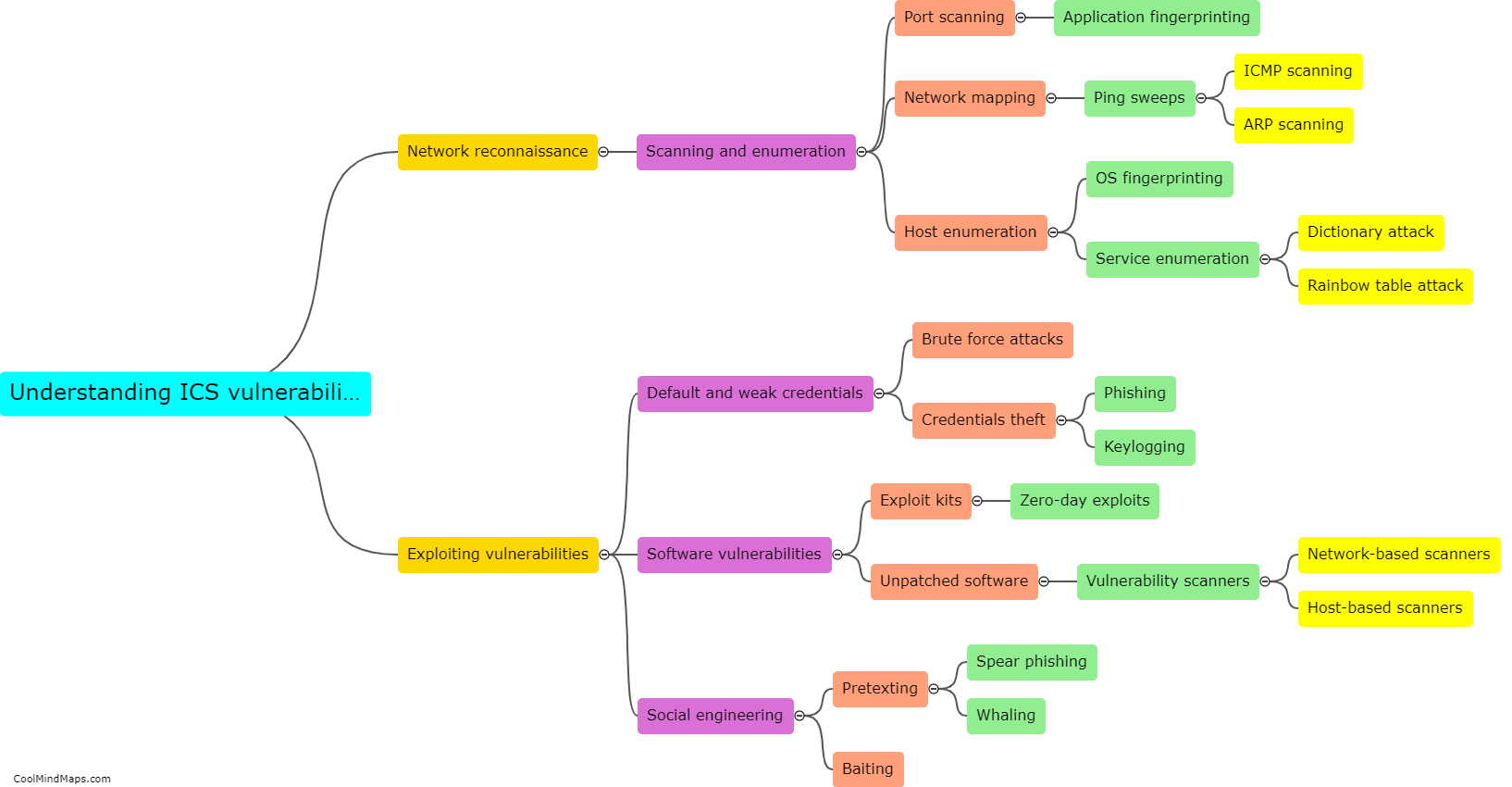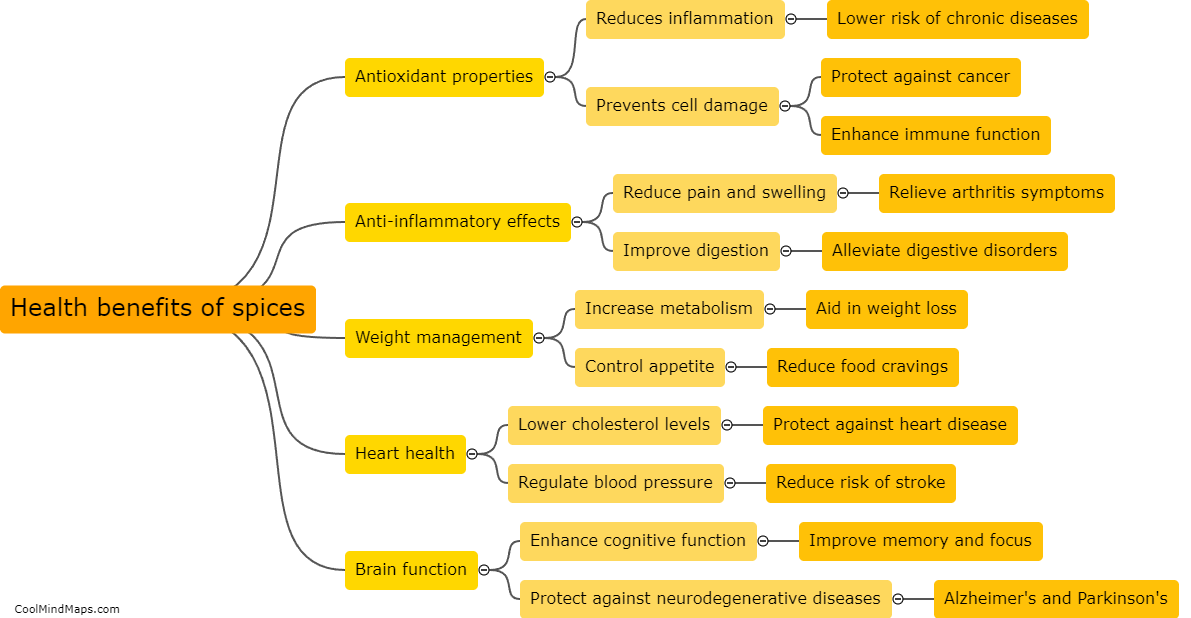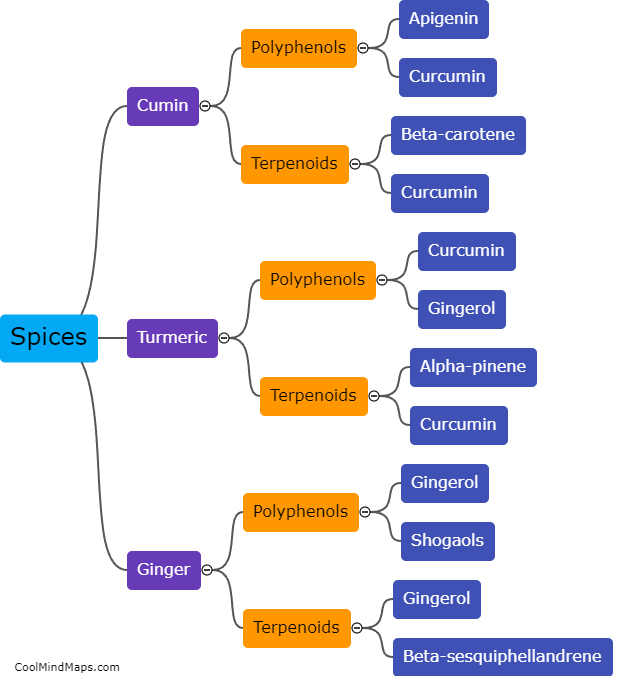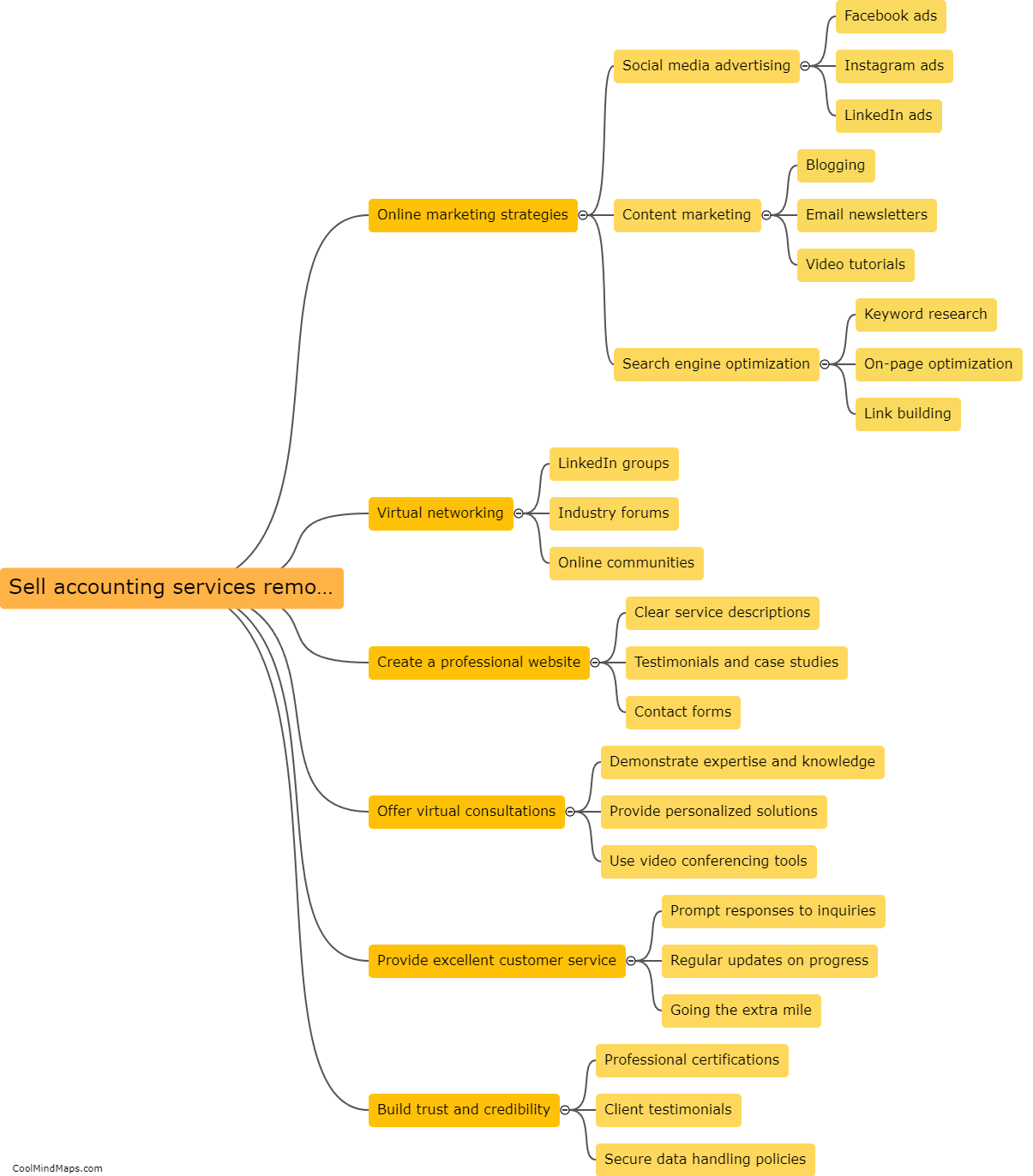How does curcumin contribute to its anticancer properties?
Curcumin, a naturally occurring compound found in turmeric, has gained substantial attention in the field of cancer research due to its potential anticancer properties. Studies have revealed several mechanisms by which curcumin contributes to its anticancer effects. Firstly, curcumin has been found to inhibit the proliferation and induce apoptosis (programmed cell death) of cancer cells. It can also suppress the activation of various proteins and enzymes that play a crucial role in tumor growth, invasion, and metastasis. Furthermore, curcumin exerts anti-inflammatory effects by inhibiting certain signaling pathways involved in chronic inflammation, which is a major driver of cancer development. Additionally, curcumin has shown the potential to inhibit angiogenesis, the process by which new blood vessels are formed to supply tumors with nutrients, thereby starving the cancer cells. Moreover, curcumin has been found to enhance the efficacy of conventional anticancer therapies, reduce their side effects, and confer protection against drug resistance. Although further research is still required, it is evident that curcumin's multifaceted actions contribute to its potent anticancer effects, making it a promising candidate for cancer prevention and therapy.
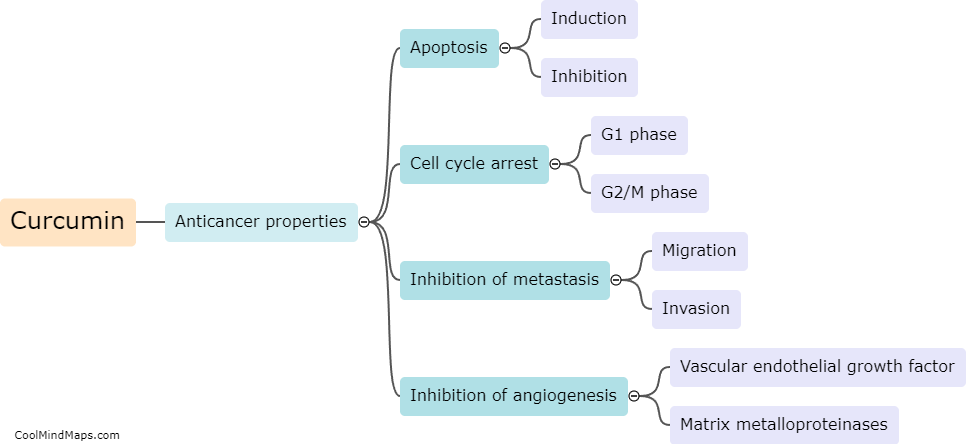
This mind map was published on 11 July 2023 and has been viewed 106 times.



